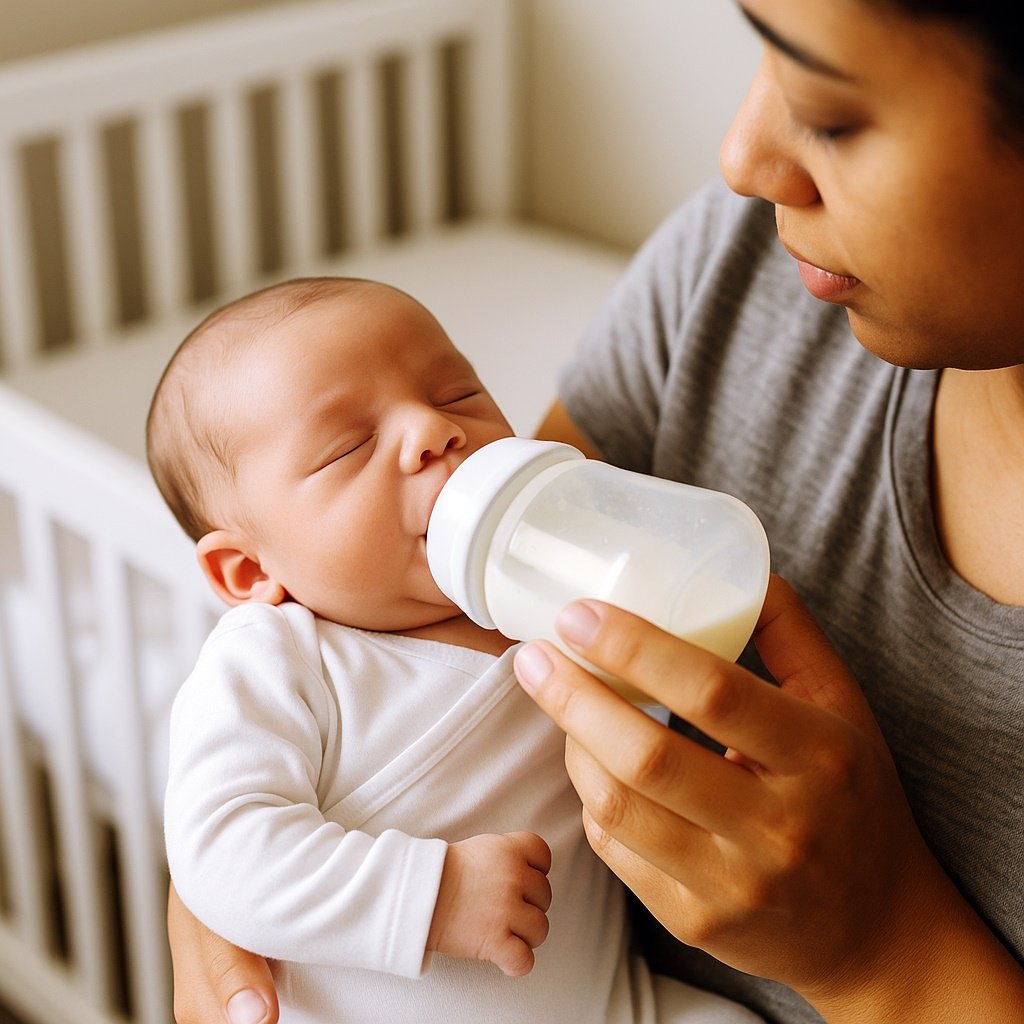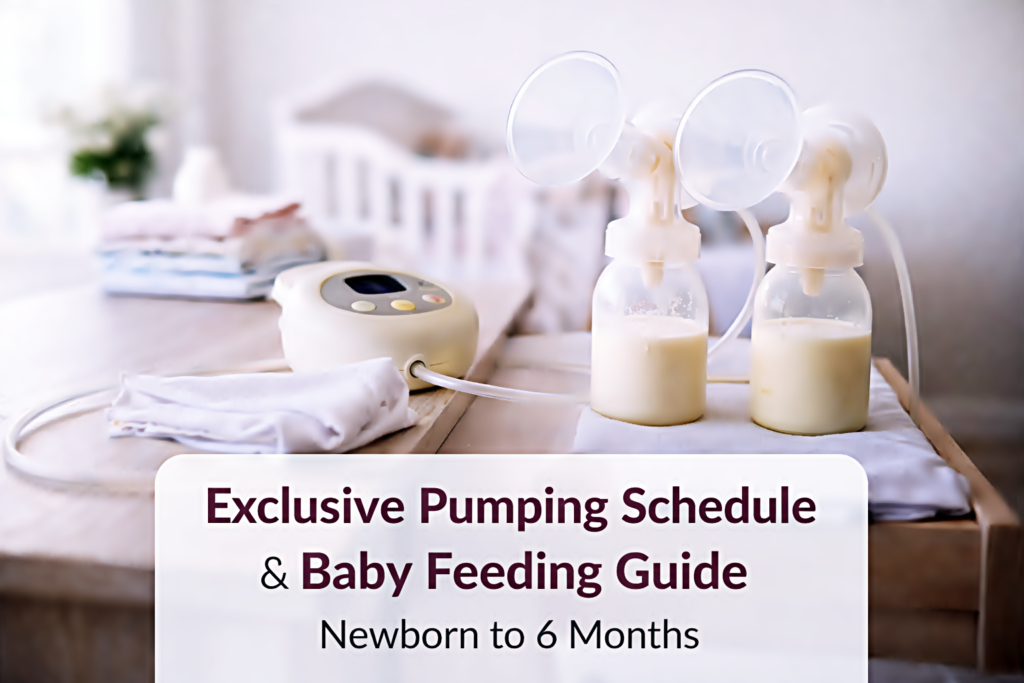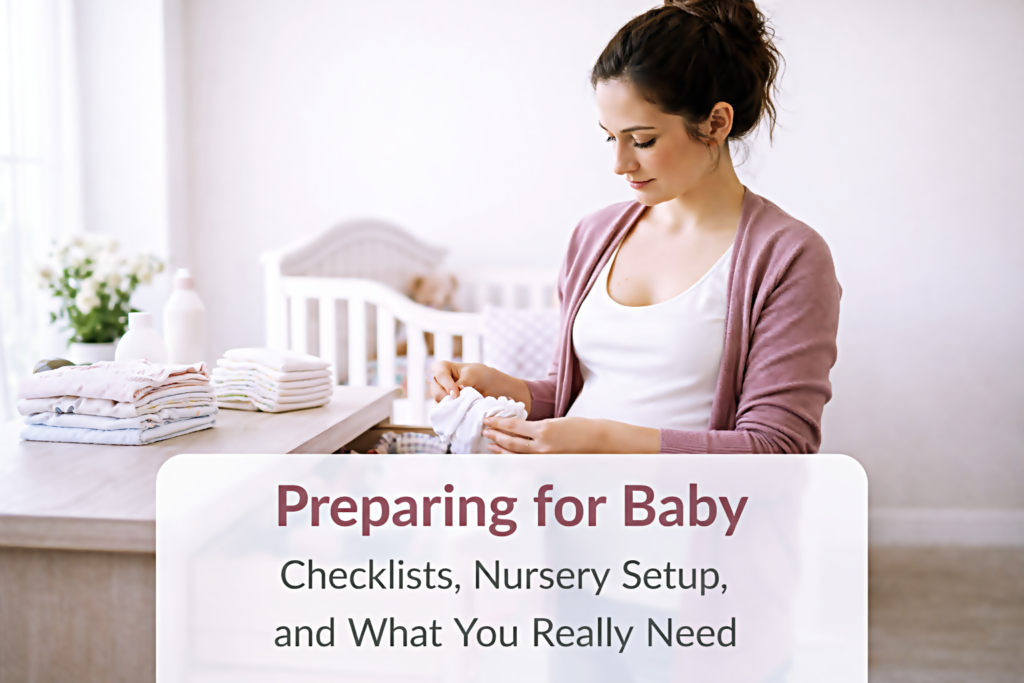Should You Wake a Newborn to Feed? A Guide for New Parents

One of the most common questions new parents ask is: “Do I need to wake my newborn for feedings if they don’t wake up on their own?” The answer depends on your baby’s age, weight, and overall health. Here’s what you need to know to make the best decision for your little one.
Why You Might Need to Wake Your Newborn to Feed
Newborns, especially in the first few weeks, have tiny stomachs and need frequent feedings to grow and thrive. While some babies wake up on their own when hungry, others—especially sleepy newborns—may need a gentle nudge. Here’s when waking them is recommended:
1. In the Early Weeks (0–2 Weeks Old)
- Babies typically lose a small amount of weight after birth and need to regain it by 10–14 days.
- Pediatricians usually recommend feeding every 2–3 hours (8–12 times per day) until they’re back to birth weight.
- Letting a newborn sleep too long without eating can lead to low blood sugar (hypoglycemia) or dehydration.
2. If Your Baby Is Underweight or Premature
- Low birth weight or premature babies may not have the energy to wake up on their own.
- These babies often need strict feeding schedules (every 2–3 hours) to ensure proper growth.
3. If There Are Health Concerns
- Jaundice: Feeding helps flush out excess bilirubin.
- Dehydration signs: Fewer than 6 wet diapers a day, dark urine, or extreme lethargy.
When Can You Let Your Newborn Sleep Longer?
Once your baby has:
* Regained their birth weight (usually by 2 weeks old)
* Shows steady weight gain (confirmed by the pediatrician)
* Has enough wet/dirty diapers (at least 6 per day)
…you can start letting them sleep longer stretches at night (up to 4–5 hours). Always check with your doctor before making changes to feeding schedules.
How to Wake a Sleepy Baby for Feeding
Some newborns are deep sleepers! Try these gentle methods to encourage feeding:
- Undress them slightly (cool air can help rouse them).
- Change their diaper (the movement often wakes them up).
- Use skin-to-skin contact (this can stimulate feeding instincts).
- Gently rub their back or feet (avoid shaking or startling them).
Final Tips for New Parents
- Breastfed babies may need to eat more frequently than formula-fed babies (every 2–3 hours vs. 3–4 hours).
- Track feedings and diapers to ensure your baby is getting enough.
- When in doubt, ask your pediatrician—they can provide personalized advice based on your baby’s growth.
The Bottom Line
While waking a sleeping baby may feel counterintuitive, it’s often necessary in the early weeks to ensure proper nutrition and growth. Once your baby is gaining weight well, you can relax a little and let them (and you!) enjoy longer stretches of sleep.
Did you find this guide helpful? Share it with fellow parents! 😊
🌙 Newborn Feeding & Diaper Log (Printable)





Responses